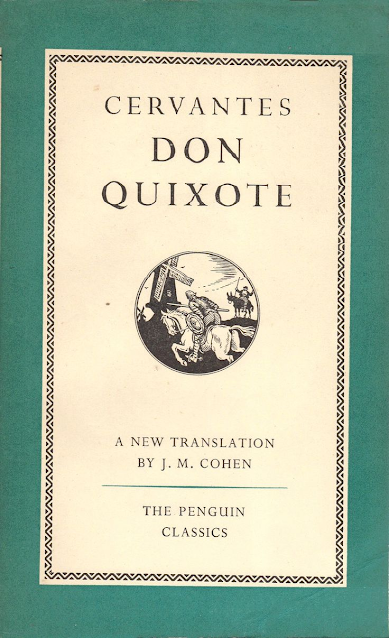Никола Бенин
"Don Quixote," penned by Miguel de Cervantes, is a literary treasure that transcends time and remains a seminal work in world literature. The novel presents a rich tapestry of themes, characters, and narrative techniques that continue to captivate readers and offer profound insight into the human experience.
One of the central themes of "Don Quixote" is the dichotomy between idealism and reality. The eponymous protagonist, Don Quixote, becomes so consumed by the chivalric romances he avidly reads that he loses touch with reality and adopts the persona of a valiant knight-errant. His delusions of grandeur lead him to embark on a series of misadventures, often mistaking commonplace objects for fantastical foes, such as windmills for giants and inns for castles. Through Don Quixote's misguided quests, Cervantes skillfully critiques the romanticized notions of heroism and honor, while simultaneously celebrating the indomitable spirit of human imagination.
The character of Sancho Panza, Don Quixote's loyal squire, serves as a foil to his master's idealism. Sancho's pragmatic nature and down-to-earth wisdom provide a counterbalance to Don Quixote's lofty aspirations, offering moments of comedic relief and profound reflections on the human condition. The dynamic interplay between the two characters underscores the complexities of human aspiration and the enduring power of friendship and loyalty.
Cervantes' narrative is interwoven with metafictional elements, blurring the lines between fiction and reality. Characters within the novel are aware of the existence of the first part of the story, inviting readers to contemplate the nature of storytelling and the relationship between author, character, and reader. This self-reflexive quality adds layers of depth to the narrative, prompting reflection on the nature of truth, fiction, and the art of storytelling itself.
Moreover, "Don Quixote" offers a compelling commentary on the human experience, exploring themes of identity, madness, and the search for meaning. Don Quixote's quest to revive the ideals of chivalry and honor reflects a universal longing for purpose and significance, while his eventual disillusionment and introspective moments highlight the complexities of human psychology and the enduring quest for self-discovery.
In conclusion, "Don Quixote" stands as a timeless masterpiece that continues to captivate readers with its profound exploration of idealism, reality, and the human spirit. Miguel de Cervantes' masterful storytelling and profound themes have secured the novel's enduring legacy as a work of enduring relevance and insight into the complexities of the human experience.

Няма коментари:
Публикуване на коментар